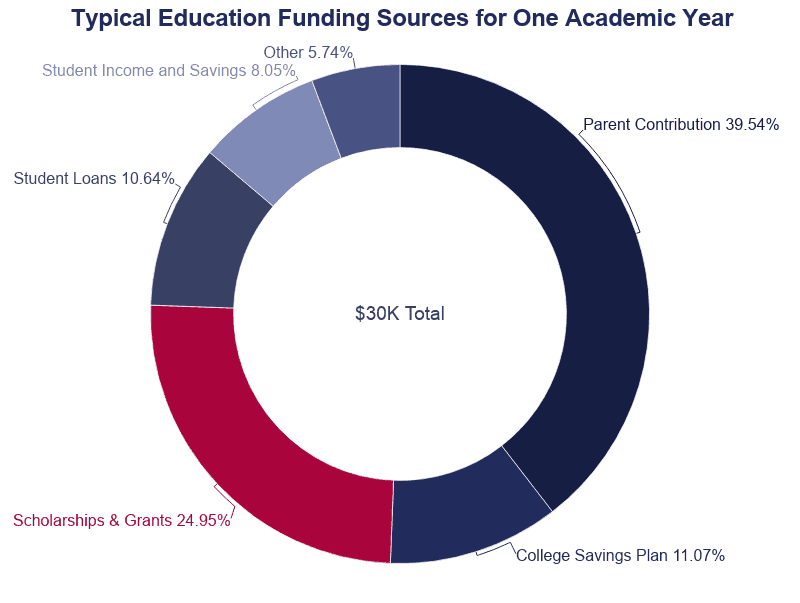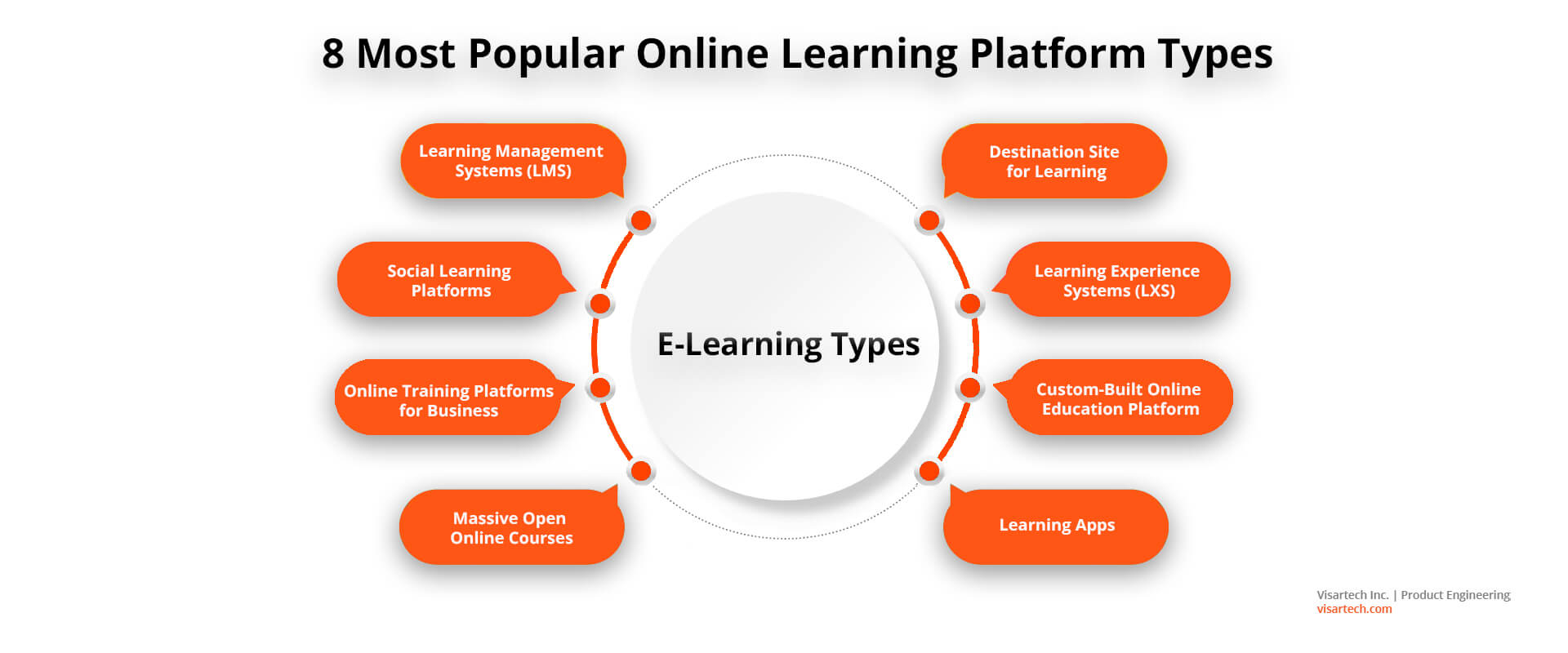As an educator, unlocking student success is always at the top of your priority list. There are many ways to do this, but one often overlooked method is by encouraging student participation in student organizations.
In this guide, we’ll explore the benefits of student organizations and offer tips on how to get started. But first, let’s define what we mean by “student organizations.”
What Are Student Organizations?
Student organizations are clubs or groups of students who share a common interest or goal. These organizations can be found at all levels of education, from elementary school through college. Examples include drama club, chess club, robotics club, and student government.
Why Are Student Organizations Important?
Student organizations provide numerous benefits to students. They promote socialization and networking, boost problem-solving and leadership skills, and encourage personal growth and self-awareness.
These experiences can also help students stand out in college and job applications. College admissions officers and employers often look at a student’s extracurricular activities, including involvement in student organizations, to get a sense of their interests, character, and leadership potential.
How Can Educators Encourage Student Organization Participation?
1. Provide resources: Educators can provide students with information on existing student organizations that align with their interests and goals. This can include club meeting times and locations, contacts, and resources such as funding or equipment.
2. Promote collaboration: Educators can facilitate collaboration between students who share common interests or goals, encouraging them to form a new student organization or take on leadership positions within an existing group.
3. Offer support: Educators should be available to offer guidance and support to student organizations, especially those just starting out. This can include advice on how to organize meetings, develop goals, and secure funding.
4. Set realistic expectations: Educators should ensure that students understand the expectations and responsibilities of participating in a student organization. They should also encourage students to balance their involvement with other academic and personal priorities.
5. Celebrate successes: Educators should recognize and celebrate the accomplishments of student organizations, whether it’s winning a competition or hosting a successful event. This can help motivate students to stay involved and continue to strive for success.
Unlocking Student Success with Student Organizations
Encouraging student participation in student organizations can have a significant impact on a student’s personal growth, academic success, and future opportunities. By providing resources, promoting collaboration, offering support, setting realistic expectations, and celebrating successes, educators can help unlock student success through student organizations.
To learn more about student organizations and how they can benefit your students, explore resources from trusted education organizations, such as the National Association of Student Councils or the National Association of Elementary School Principals.











